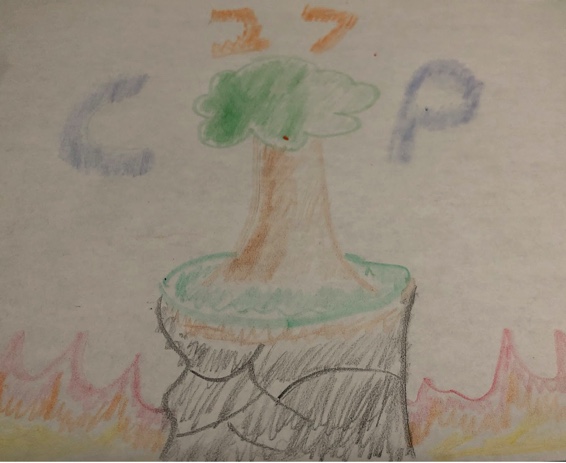
As the world continues to suffer from fierce droughts and rising temperatures, political leaders are running out of time to save the environment.
The issue of protecting the Earth’s climate has racked countless debates over the decades. Despite having the legislative power to reduce environmental damage, world leaders continue to struggle with averting an impending final deadline to solve the planet’s declining health.
To address the ongoing concerns, the United Nations organizes annual gatherings of world leaders to discuss the current state of the environment and determine a course of action moving forward. These events hold the possibility of bringing positive change to the world population.
But how can politics and undelivered promises interfere with good intentions?
During early November 2021, Conference of the Parties 26 was a chance to spark a major breakthrough in addressing major climate issues. That chance was shattered after an agreement over phasing out fossil fuels was disrupted by opposition from India and China. Rather than drafting a decision to eliminate the usage of fossil fuels, a loophole was introduced that provided countries with an opportunity to avoid the responsibility of making strides toward clean energy.
The aftermath nearly brought COP26 president Alok Sharma to tears. “May I just say to all delegates I apologize for the way this process has unfolded and I am deeply sorry,” he announced.
Current temperatures are already proving worrisome. Junior Aditya Satya Narayan recently visited New York over the summer. “The summer was unbearably hot. It got so bad to the point where, on my trip to New York, temperatures made it too hot to go outside our hotel or stay in the sun for long periods of time,” he said.
Although the outcome of COP26 seemed grim, COP27 brings a clean slate for nations that have previously followed less than ideal policies. The event, held in early November 2022, aims to make up for the missed opportunities of COP26. This includes drafting new plans to aid countries in need while limiting the rise in global temperature to meet the Paris Agreement.
Given the tension surrounding prior COP events, some have become skeptical of the future. “I believe that not enough progress is being made politically to help out the climate,” Narayan continued.
Time is running out. As the public observes their leaders arguing over the semantics of climate agreements, environmental damage festers throughout the world. COP27 is another chance to move society forward, but only the future will tell if politics will interfere with the fate of the Earth.








